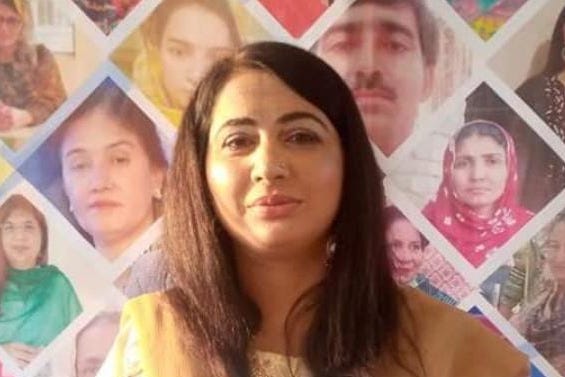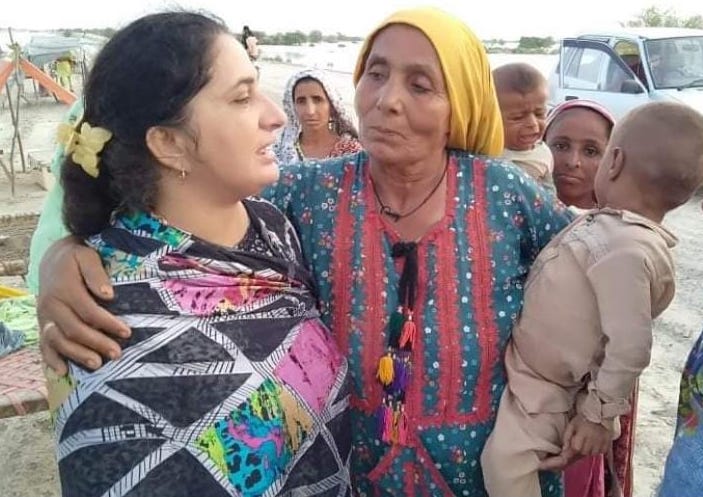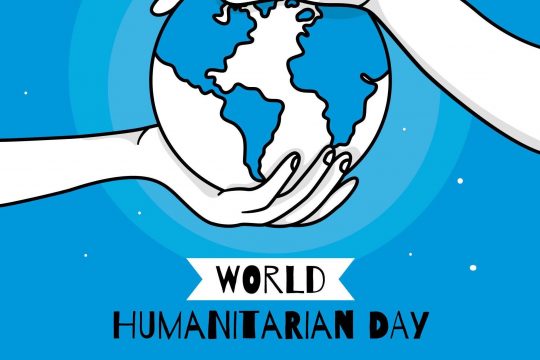
It is every day that motivated Azra Memon to take action. Despite 75% of legal frameworks in Pakistan promoting, enforcing, and monitoring gender equality. The reality of an egalitarian nation according to policies is a distant reality for Azra. She has witnessed a lifetime of oppression and atrocities that motivated her to create organizational change, “Women are considered property in our area. Their rights are completely ignored. I founded the Nari Development Organization (NDO) in 2009 to work with like-minded peers for underprivileged women.”
It takes more than just dialogue to achieve gender equality according to Azra. Her organization starts with education, “We organize a group of women to inform and ensure that they are fully aware of their rights.” Knowledge is the foundation of empowerment for the founder. “Women are inclined to raise their voices when they become more independent. We provide rural women with vocational training and life skills that strengthen their self-sufficiency.” Only one out of four women participate in the labor force with only 18% of national labor income allocated for them. Azra has witnessed how the NDO’s vocational skills center is fostering change across generations – “Victims are most compelled to come to us because they want a different future of their daughters. The center supports them in standing on their own foot and living by example for their children.”
NDO is working to strengthen women’s rights and participation in their communities but Azra wants to see this growth as a global norm – “Women’s, families, and communities’ resilience and adaptive capacity are hampered by gender inequality. It limits their potential to support climate change mitigation choices.” She links women’s creativity and expertise for long-term solutions as proof of their ability to support climate mitigation. “We have positive effects in a range of areas, including food and economic security, as well as health. It may also result in more ecologically-friendly decisions being made at the household and national levels.”
Azra reflects on the past towards equality in the present: “Equality today for a sustainable tomorrow is appreciating the contributions women have made to global sustainability programs proving that they can lead the change towards a better future.”
Cover Image: hassanali118/ @Shutterstock.com



